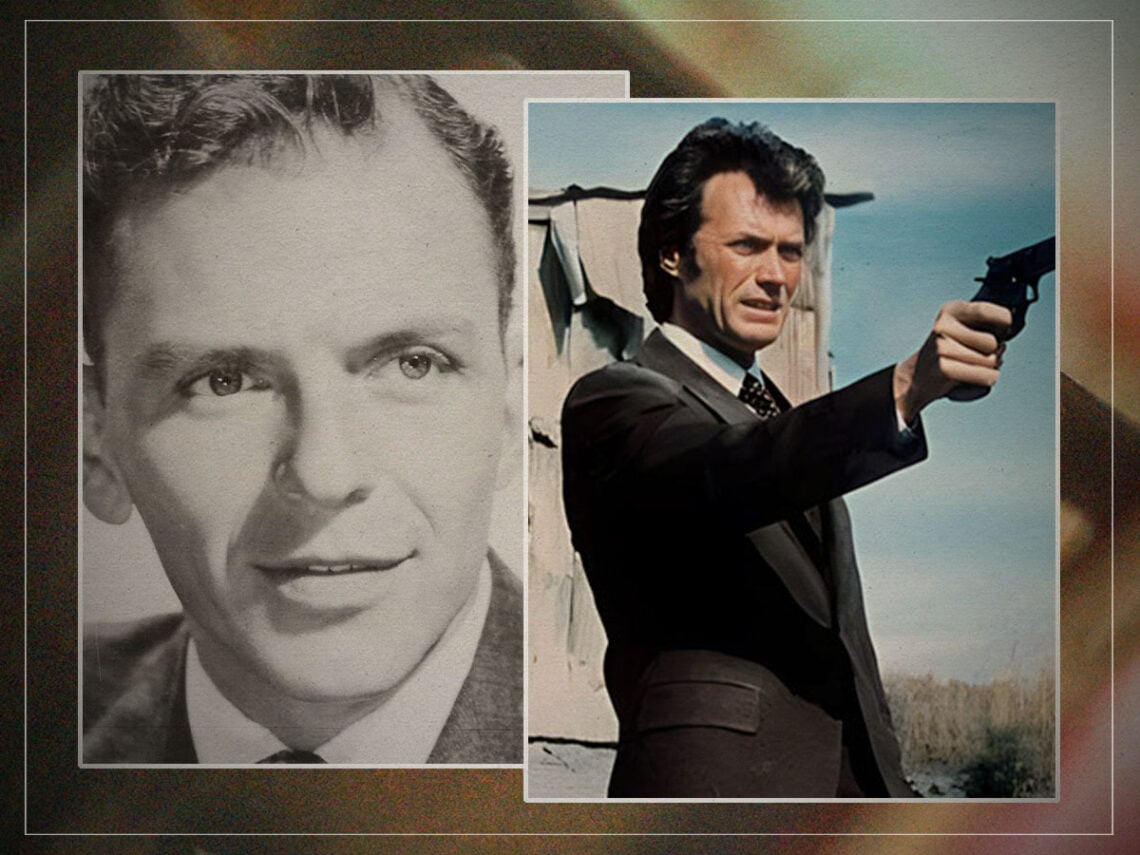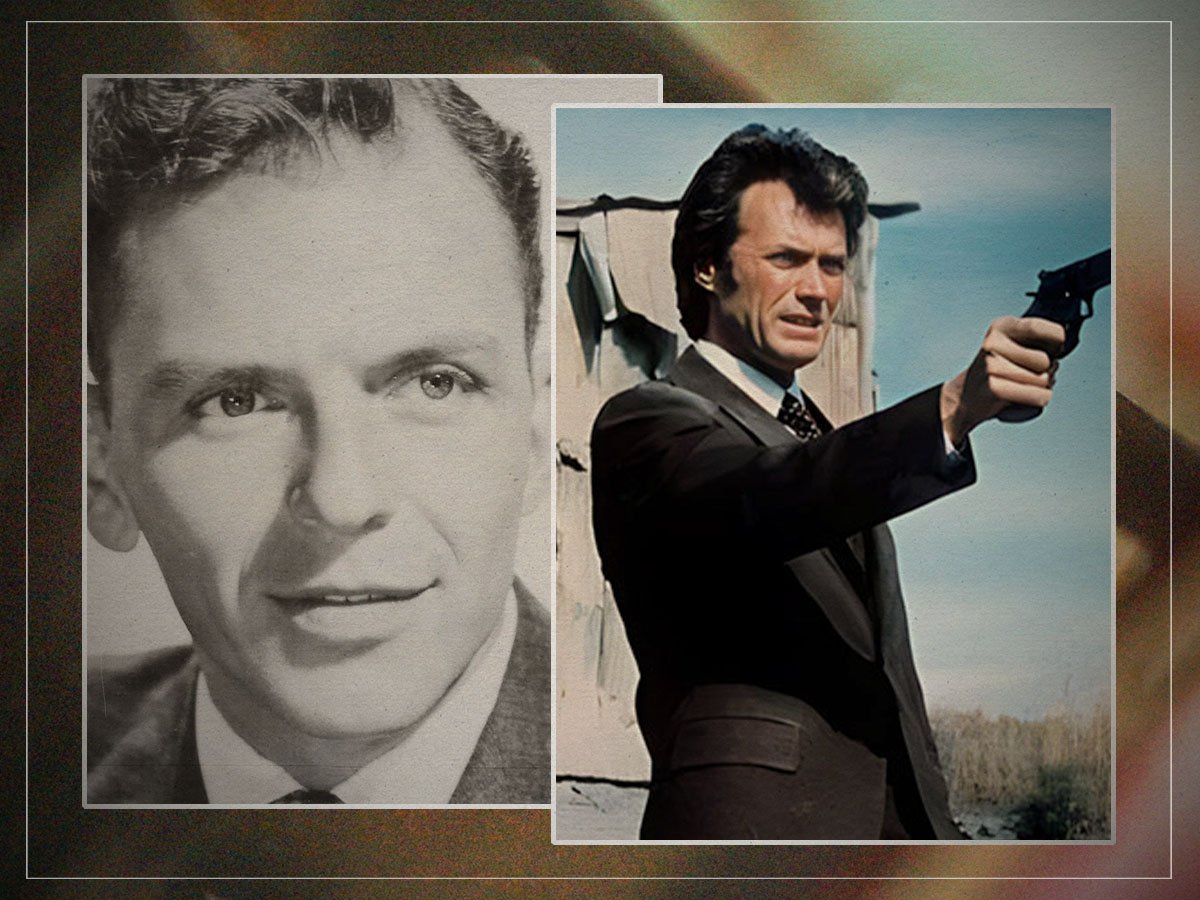
(Credits: Far Out / MGM / Alamy)
Though he will always be best known as the most iconic crooner in history, Frank Sinatra was a much more acclaimed actor than memory suggests. Ol’ Blue Eyes won the ‘Best Supporting Actor’ Oscar for From Here to Eternity in 1954, after all, and he also appeared in the bona fide classic The Manchurian Candidate, and the beloved Ocean’s 11 and Guys and Dolls.
Indeed, in the late ’60s, Sinatra’s acting career evolved into some fascinating places, as he aged and embraced different kinds of roles than he would have played in previous decades. In 1968, for example, he starred as Joe Leland in The Detective, a pioneering crime picture that pushed moral boundaries like no cop movie had before. This was a picture that dealt with themes of homosexuality and the marital strife many police officers experience. It also opened with the aftermath of a killing so brutal it would have stunned and upset audiences at the time.
Sinatra must have felt creatively fulfilled by existing within this morally murky world, though, because he soon signed up for another gritty, take-no-prisoners cop film. The script began life as Dead Right, but was quickly retitled Callahan, before being bestowed with the moniker that would become etched in Hollywood history: Dirty Harry.
When he began work on the film, which a number of A-listers had turned down due to concerns over its supposedly right-wing philosophy on crime and punishment, Sinatra was 55 years old. He was a little banged up, too, having recently endured surgery to repair a tendon in his right hand/wrist. Still, he was enthused about the role, and when director Irvin Kershner agreed to helm the picture, everything seemed in place for success.
However, when both Sinatra and Kershner dropped out of the project, Warner Bros finally gave Clint Eastwood a call. As hard as it may be to believe, the Fistful of Dollars star was at least the sixth choice for the role, and he wasn’t best pleased about that. So, when the studio came to him as a last resort, his first response was an annoyed, “What happened to Frank Sinatra?”
“They said, ‘Frank Sinatra’s got some problem with his hand and he can’t hold a gun,’” Eastwood revealed to MTV News in 2009. “That sounded like a pretty lame excuse.” However, despite being a little put out that the studio didn’t consider him until this point, Eastwood was a realist, and he wasn’t about to let his ego get in the way of landing a role like ‘Dirty’ Harry Callahan. “It didn’t matter to me,” he shrugged. “I said, ‘I’ll do it.’”
Still, Eastwood had one proviso for Warner Bros before he signed on the dotted line. He loved the original script, which had been altered significantly in multiple drafts as it was retrofitted to play to Sinatra’s strengths. For one thing, the action scenes had been bulked up considerably, with marine snipers taking down the killer in the film’s finale.
While it sounds highly irregular that a screenplay would have had action added to appeal to an ageing star who couldn’t even hold a gun, Eastwood insisted this was the case, and he wanted it to revert to the street-level thriller it had started out as. “It’s becoming an extravaganza that’s losing its character,” Eastwood noted. “So they said, ‘OK, do what you want.’ So, we went and made it.”
Related Topics
Subscribe To The Far Out Newsletter
